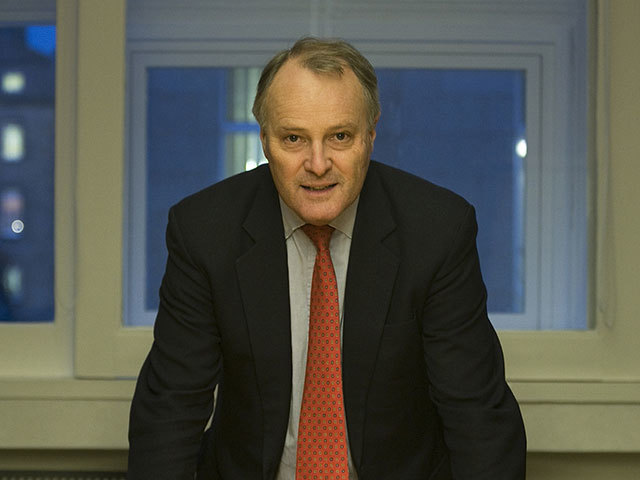
In developing the Oil and Gas Commission report, it very quickly became clear that current high levels of investment are hiding an undercurrent of reduced investment. Low production efficiency, limited enhanced recovery projects and a reduced backlog of new projects for development point to significant under recovery of UKCS resources.
This under investment needs to be well understood. Whilst the production of all the economically recoverable hydrocarbons are valuable in themselves the added value that is generated through the whole UK economy, whilst substantial is not well understood. The data sets do not exist for collecting the information. Understanding the relationship between government levers on tax, licensing and regulation and how they effect the value add is required to make sure the right decisions are made in maximising economic recovery.
The commission could not identify the sources of data that may start to quantify the value add, or where or how it arises. Reading between the lines not least in the Wood Report and the EY reports there is an indication of £60billion per billion barrels of oil equivalent produced, but this is no more than an indicator.
Whatever the true value is, with balance of payments and energy security factors it is clear that there needs to be nothing other than a clear focus of policy and management of the UKCS aimed at achieving both the Maximum Economic Recovery and the achievement of the total value add generated through the supply chain and through further induced value. With figures for the remaining reserves and resources being quoted as 12 to 24Bboe, the commission adopted the 24Bboe as a figure all policy and management should be focused on achieving.
To achieve this the UKCS needs to be a globally competitive stable and predictable tax and regulatory regime. Oil companies invest in either large prospects or stable and predictable regimes and the UKCS is beginning to offer neither.
The UKCS has for many years been like an exclusive night club, with bouncers on the door only allowing celebrity VIPs access. It is now more like a trattoria, still a good attractive one, with the waiters seeking to attract their clientele as they pass by.
In April DECC produced a future production profile indicating production of 10.2Bboe between 2014 and 2050. The view of the commission is there would be a low level of confidence that, with such a profile, the investment in the infrastructure would be sustained, raising the question as to whether even the 10Bboe would be achieved.
With a clear understanding of the value that is generated, in total, by the production of the hydrocarbons, the imperative becomes clear. Developing a regime that both creates the opportunity through Maximising Economic Recovery, and then ensures the Total Value Add is maximised, not only in support of UKCS production, but for the long term future beyond UK production, then starts with attracting the required investment in exploration and production.
Recommended for you
